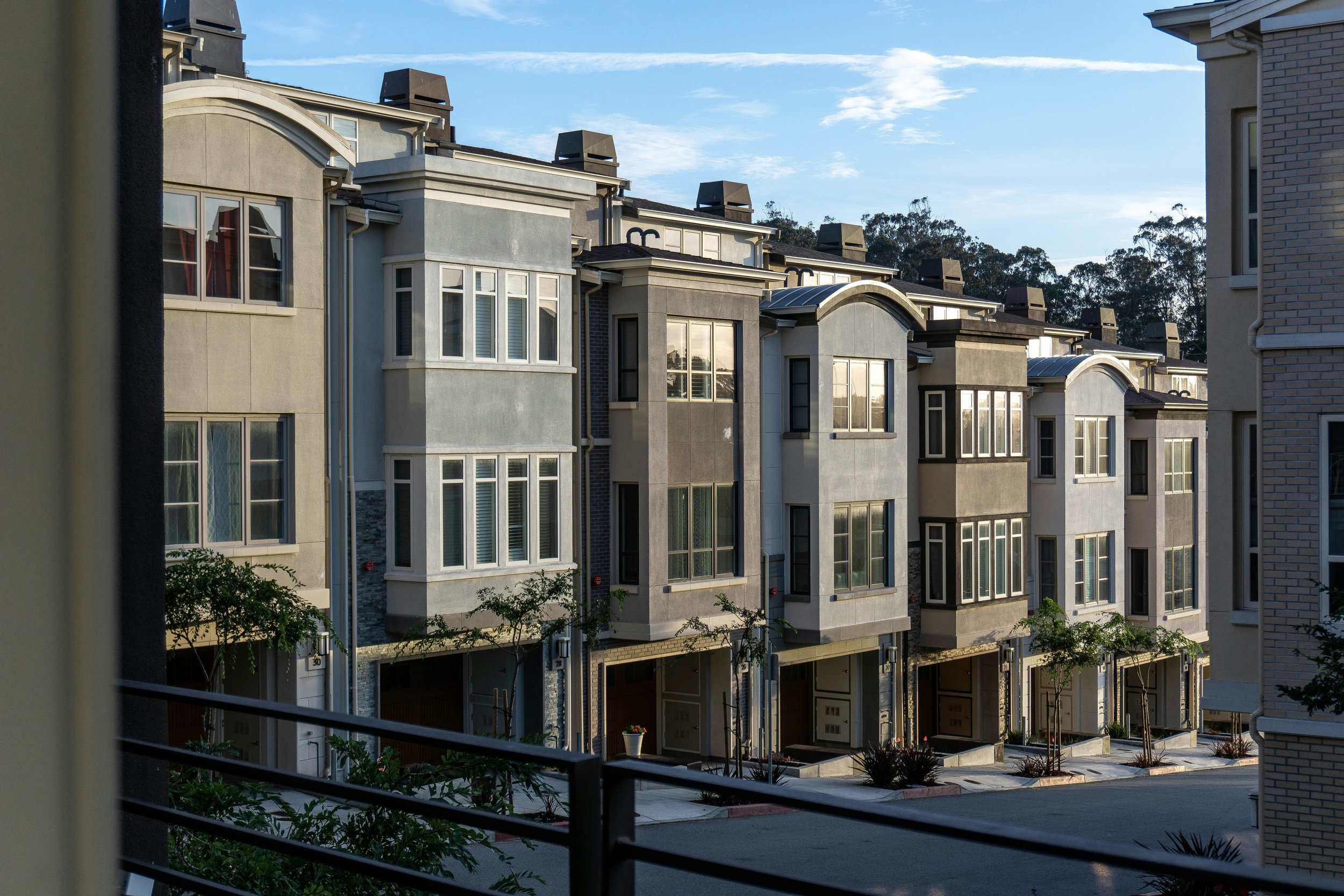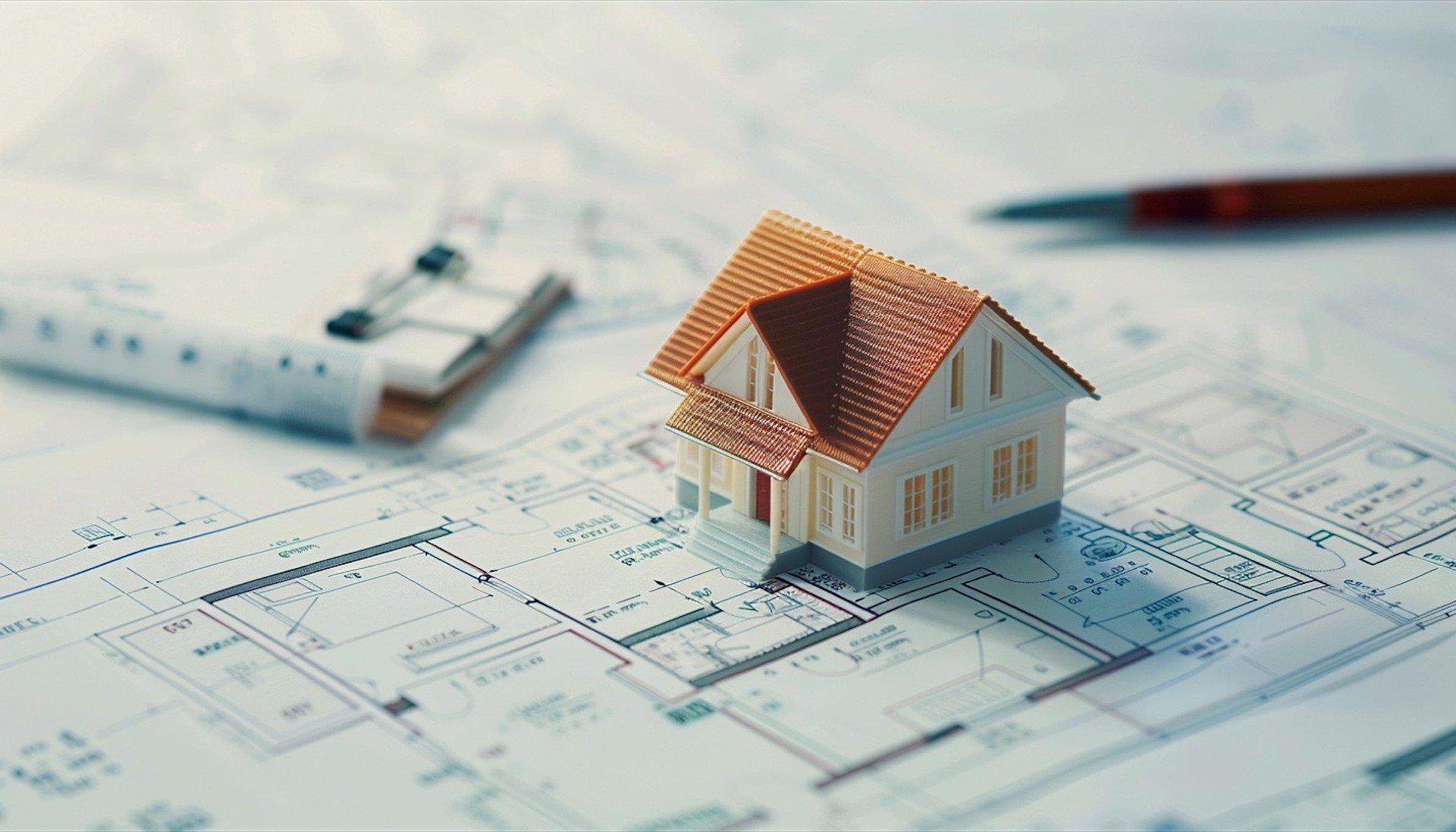Buying a Townhouse: What You Must Know
Discover the essential tips and insights that will guide you through the process of buying a townhouse, ensuring you make a confident and informed decision.
Owning a townhouse is like finding that sweet spot between the hustle of city life and the calm of suburban living. It’s about having your own space while still feeling part of a community. Whether you’re after the convenience of low-maintenance living or the comfort of a neighborhood where people know your name, a townhouse might just be the perfect fit. It's not just a home—it's a lifestyle that blends the best of both worlds.
Understanding the Benefits of Townhouse Living
Townhouses offer a great mix of convenience and comfort, making them a popular choice for many homebuyers. With a townhouse, you get the benefits of having your own space—like your front door and a bit of outdoor area—without the full burden of maintaining a large property.
These homes are usually part of a community that shares amenities, such as landscaped gardens or even a pool. It’s a nice balance if you value both privacy and a sense of connection with neighbors.
Another big plus is that townhouses often come with a more affordable price tag compared to single-family homes, especially in city areas where space is tight. This makes them a smart choice for buyers looking to get the most value for their money without compromising on location or convenience.
Location Matters: Choosing the Right Neighborhood
Before investing in real estate, you'll want to choose a neighborhood that meets your current needs and has the potential to grow with you. Proximity to essential amenities like grocery stores, schools, and public transportation can greatly enhance your daily life and even boost the property’s value over time.
If you're eyeing areas with strong growth potential, it’s worth considering Nashville area townhomes. This region has become increasingly popular, offering a mix of urban convenience and suburban charm. Whether you're looking for a place close to work, good schools, or vibrant community spaces, the right location can make all the difference in your townhouse living experience.
Additionally, it's important to think about the long-term appeal of the neighborhood. Consider factors like safety, the quality of local schools, and future development plans that could impact the area’s desirability.
Understanding Homeowners Association (HOA) Rules and Fees
HOAs are tasked with maintaining common areas and enforcing community rules, which can cover everything from exterior paint colors to pet policies. These rules are designed to maintain a certain standard within the community, which can enhance property values and make homes more attractive to potential buyers.
HOA fees, which are paid monthly or annually, typically cover the upkeep of shared amenities like pools, gyms, and landscaping. These fees can vary widely depending on the neighborhood and the range of amenities offered. While they add to your monthly expenses, they also ensure that the community remains well-maintained, which can contribute to faster home sales if you decide to sell in the future.
It’s also important to consider the HOA's management style. Some HOAs are more proactive and strict in enforcing rules, which can be beneficial for maintaining property values but might feel restrictive. Others take a more relaxed approach, offering greater flexibility but potentially less consistency in community upkeep. Make sure the HOA’s approach aligns with your preferences, as it will play a significant role in your living experience and the marketability of your home when it's time to sell.
Evaluating the Townhouse Structure
Townhouses often share walls with neighbors, and while this can provide some insulation, it's important to check the quality of the soundproofing. Pay attention during your visit—can you hear what's happening next door? If so, you might want to consider how that could affect your comfort in the long run.
It's also wise to inspect the general maintenance of the property. Look out for any signs of wear and tear, such as cracks in the walls, water stains, or outdated electrical systems. These could signal bigger issues down the road, potentially leading to costly repairs. Bringing in a professional inspector is always a good idea to catch anything that might not be immediately obvious.
Even if the townhouse is part of a newer development, it's still important to be thorough. Check for construction quality and make sure everything is up to standard.
Inspecting for Hidden Costs
A thorough home inspection is your best defense against unexpected expenses. This isn’t just about checking for major issues like a leaky roof or faulty wiring—though those are important too. It's also about uncovering smaller problems that could add up over time, such as poor insulation or outdated plumbing.
Don’t forget to consider the cost of ongoing maintenance. Even if the townhouse looks perfect on the surface, it’s a good idea to ask about the age of major systems like the HVAC, electrical, and plumbing. Knowing how much life is left in these systems can help you plan for future expenses and avoid surprises after you move in.
In some cases, you might even discover that certain upgrades or repairs are needed sooner than expected. For example, if the roof is nearing the end of its lifespan, you’ll want to budget for that replacement sooner rather than later.
Wrapping Up
Buying a townhouse is a significant step, offering a unique blend of comfort, convenience, and community. By carefully considering your options and being mindful of the details, you can find a home that perfectly suits your lifestyle and needs. Take your time, do your research, and trust your instincts. With the right approach, your townhouse purchase will be a rewarding investment in your future happiness and stability.


















